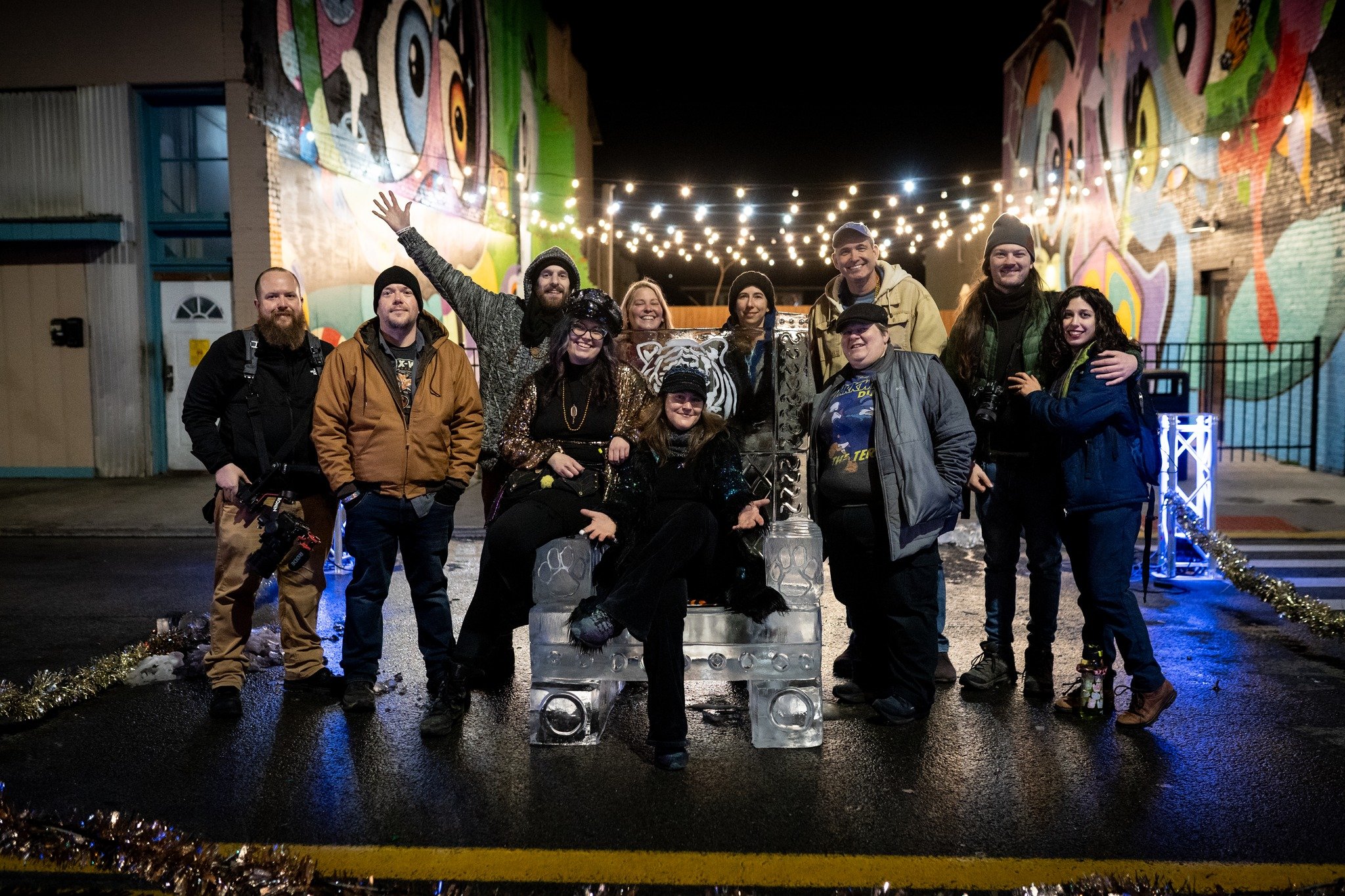
FOR OUR TOWN GRANTEES
Resources for Our Town Grantees and Project Partners
The Creative Placemaking Technical Assistance (CPTA) Program offers and disseminates technical assistance resources (TA) and training experiences for Our Town grantees and project partners. These resources are meant to expand communities’ capacity to harness the powerful potential of arts, culture, and design when intentionally incorporated into community development strategies.
Resources and trainings created through TA aim to prepare local leaders to carry out impactful arts, culture, and design projects that are well-positioned to yield catalytic, long-term, and equitable outcomes for their communities.
Beneficiaries of the program receive tailored advice from experienced creative placemaking Resource Team members, and have access to a range of technical assistance materials covering a range of topics, including: partnership with artists, community engagement, project management, and sustaining creative placemaking work during challenging times.
Explore the Creative Placemaking Technical Assistance program offerings and learn alongside our network of peer practitioners from across the country!
Top: The RiffRaff Arts Collective, Princeton, WV. Photo by Eric Proffit.
Current Grantees and Partners: Schedule a Call
If you're part of an Our Town project and interested in accessing One-on-One coaching as part of your technical assistance, reach out to us at OT@arts.gov.
Resource Team Consultation and Coaching
Our team of experienced practitioners is ready to partner with current grantees as they navigate their Our Town projects. This group of creative placemakers lives in communities of all sizes across the country and brings experience in a wide variety of arts and community work. Whether you’re looking for a thought-partner, mentor, or cheerleader (or all three!), the Resource Team is here for support. Information about the FY 2024-2025 Resource Team coming soon.
Creative Lounge
The Creative Lounge is a space to swap and share stories, ideas, and questions about creative placemaking with Our Town grantees, partners, and Resource Team members. Join in on the conversation, or just listen: wherever you are in your Our Town journey, the Lounge is an informal place to drop in, celebrate your project’s successes, collaborate on strategies, and inspire connections as we learn from one another.
If you're part of an Our Town project and interested in accessing The Creative Lounge as part of your technical assistance, reach out to us at OurTownCPTA@gmail.com.
Creative Placemaking Workshop
Drawing on the deep knowledge and unique skill sets of the CPTA Resource Team and Partner roster, this offering for grantees and partners is designed to build knowledge, hone skills, and add to your Creative Placemaking Toolkit. Centered on a different skill each session, this year’s Workshops will give Our Town teams the tactical tools they need to execute their projects and work toward systems change.
Our Town Grantee Peer Exchange
Creative Placemaking is a collaborative and evolving field we’re all creating together. In Peer Exchanges practitioners come together with shared learning in mind, creating a virtual space for current grantees to network and learn from each other. Facilitated by the Resource Team and organized thematically around common questions, project activities, or community characteristics, these gatherings are an opportunity to celebrate and connect with peers across the country.
Creative Placemaking Toolkit
Intended to be a guide for anyone interested in beginning a creative placemaking initiative, this digital toolkit can be used flexibly—in whatever way best suits the needs of you and your team. Wherever you’re coming from, the webinars, worksheets, and activities in this resource are designed to help you recenter artists and residents within creative placemaking projects from the very beginning, offering practical and tactical advice on topics like partnership, community engagement, and evaluation.
Open Call—CPTA Resource Team Members
Open Call - Join the CPTA Resource Team!
Forecast Public Art seeks up to ten experienced practitioners from across the U.S. to serve as Resource Team Members to support Our Town grantees and their project partners. This contract involves providing one-on-one consultations, facilitating workshops and peer exchanges, and offering targeted guidance on integrating arts, culture, and design into community development and creative placemaking strategies. Questions? Contact ourtowncpta@gmail.com.
Subscribe to Our Newsletter!
Current Our Town grantees and project partners are invited to register to receive updates about upcoming technical assistance events and opportunities to connect with placemakers across the country.
